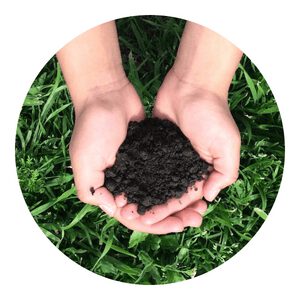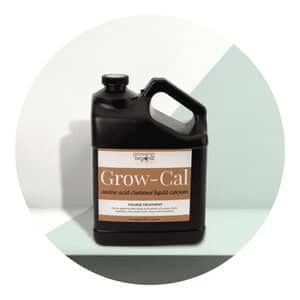Organic Fertilizer
We believe that every gardener deserves access to the best organic fertilizers possible to support their vegetable garden.
That’s why we work to connect small farms across the United States that specialize in producing high-quality, environmentally-friendly fertilizers with gardeners who are passionate about growing healthy, delicious vegetables.
-
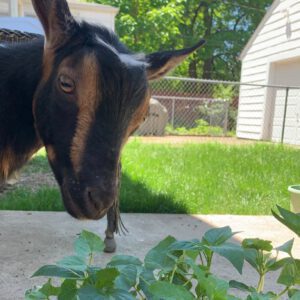
Goat Manure – Natural Organic Garden Fertilizer
$29 Add to cart -
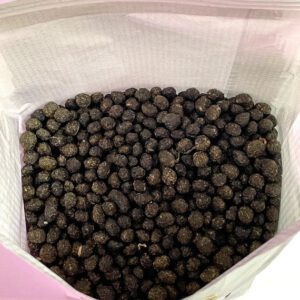
Rabbit Fertilizer | Bunny Manure
Rated 5.00 out of 5$15 – $32 Select options -
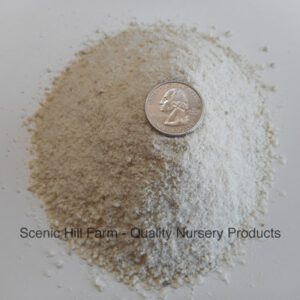
Bone Meal
Rated 5.00 out of 5$18 – $78 Select options -
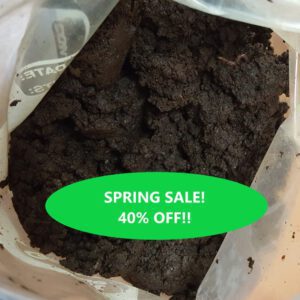
Pure Alpaca Manure Already Composted
$48 Add to cart -
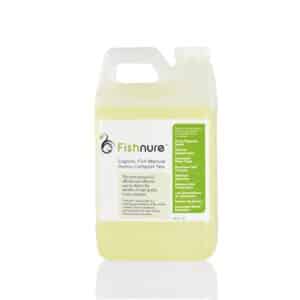
64Oz Fish Manure Humus Compost Tea
$75 Add to cart -
Sale!
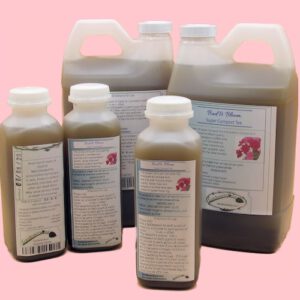
Super Compost Tea Bud and Bloom
$28 – $68 Select options -
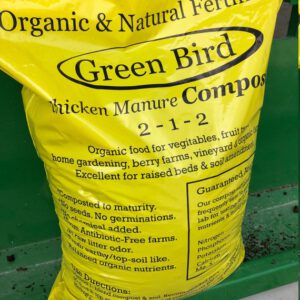
Organic & Natural Chicken Manure Compost
$18 Select options -
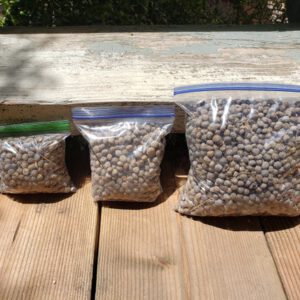
Fresh, Dried Rabbit Manure
$12 – $19 Select options -
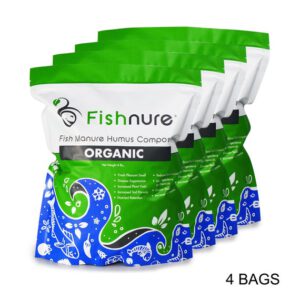
32 pounds Odorless Organic Humus Compost Fish Manure Fertilizer
$225 Add to cart -
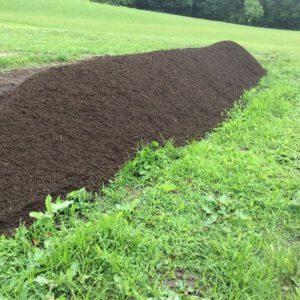
Compost Natural Potting Soil
$48 Add to cart -
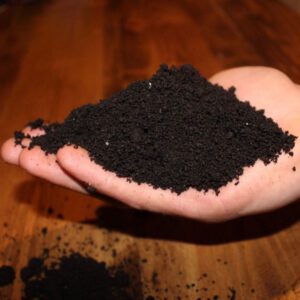
5 Pounds Organic Worm Castings
$28 Add to cart -
Sale!
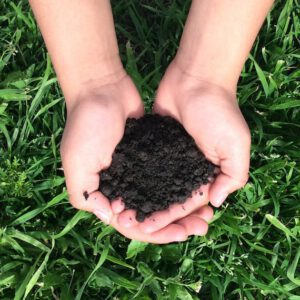
Biochar Organic Fertilizer 1 lb
$20 – $115 Select options -
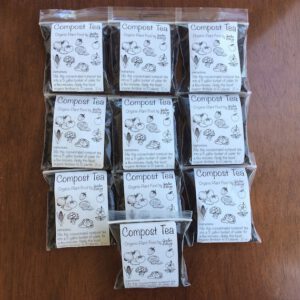
Compost Tea for 100 Plants
$38 Add to cart -
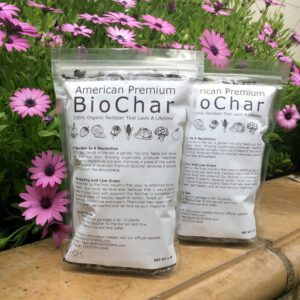
Biochar Organic Fertilizer 2 lb
$28 – $95 Select options -
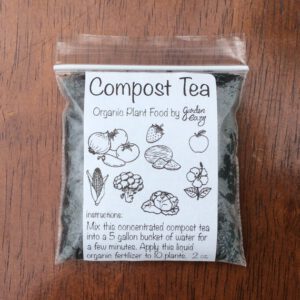
Compost Tea for 10 plants – 100% Organic Fertilizer
$18 Add to cart
Organic Fertilizer FAQ
Organic fertilizer is made from natural materials that improve the quality of your soil, such as manure, compost, and leaves. Synthetic fertilizer is made from chemicals that can harm your soil, plants, and animals. Here are four reasons to choose organic fertilizer over synthetic:
1. Organic fertilizer improves the quality of your soil. Over time, synthetic fertilizers can break down the structure of your soil, making it harder for roots to penetrate. This can lead to water runoff and soil erosion.
2. Organic fertilizer is safer for your plants. Chemicals in synthetic fertilizers can burn your plants’ roots, especially if you use too much or apply them during hot weather.
3. Organic fertilizer is safer for wildlife. Animals can be harmed by eating plants that have been treated with synthetic fertilizers.
NPK stands for nitrogen, phosphorus, and potassium, which are the three essential nutrients that all plants need to thrive. NPK fertilizer is a type of fertilizer that contains these three nutrients in varying proportions, depending on the specific formulation.
Nitrogen is responsible for promoting leaf growth, phosphorus helps with root development and flowering, and potassium aids in overall plant health and vigor.
By using NPK fertilizer, gardeners can ensure that their plants are getting the right balance of nutrients to grow healthy and strong.
Fertilizers are important for plant growth and development. They provide essential nutrients that plants need to survive and thrive. Fertilizers can be organic or inorganic, and each has its own benefits and drawbacks.
Organic fertilizers are made from natural materials like compost or manure. They release nutrients slowly, so they need to be applied more often than inorganic fertilizers. However, organic fertilizers improve soil health and help build up beneficial microbes that support plant growth.
Inorganic fertilizers are made from synthetic materials like nitrogen, phosphorus, and potassium. They release nutrients quickly, so they don’t need to be applied as often as organic fertilizers. However, inorganic fertilizers can damage soil health and harm beneficial microbes if they’re not used carefully.
When it comes to fertilizers, the three key nutrients are nitrogen (N), phosphorus (P) and potassium (K). These are typically represented by the NPK value on the fertilizer package. For example, a 10-10-10 fertilizer has an NPK value of 10-10-10 and contains 10% nitrogen, 10% phosphorus and 10% potassium.
So, are higher NPK amounts better? It depends.
If your soil is already high in one or more of these nutrients, adding more of that nutrient isn’t going to help your plants. In fact, it could actually do more harm than good.
For example, if your soil is high in phosphorus and you add a fertilizer with a high phosphorus content, you could end up with an imbalance that could hurt your plants.
Organic fertilizer is made from natural materials and helps to improve the quality of your soil while providing essential nutrients for your plants.
You may need to add organic fertilizer to your garden if you notice that your plants are not growing as well as they should, or if the leaves are yellowing or falling off.
If you are unsure whether your plants need fertilizer, it is best to consult with a gardening expert. They will be able to help you determine which type of fertilizer is best for your garden, and how often you should apply it.
Organic fertilizer is a great way to add nutrients to your soil, but you may be wondering how long it will last. Here is a general guide to the shelf life of organic fertilizer:
Composted manure – 1 to 2 years
Uncomposted manure – 6 months to 1 year
Poultry manure – 6 months
Cottonseed meal – 2 to 3 years
Alfalfa meal – 2 to 3 years
Bone meal – 1 to 2 years
Seaweed/kelp meal – 1 year
As you can see, there is a wide range of shelf life for different types of organic fertilizer. In general, composted manure and cottonseed meal will last the longest in your soil, while un composted manure and poultry manure will break down more quickly. Bone meal and alfalfa meal are somewhere in the middle.
If you want your flowers to stay healthy and vibrant, you should fertilize them regularly. But how often should you fertilize them?
It depends on the type of fertilizer you’re using. If you’re using an organic fertilizer, you should fertilize your flowers every two weeks. If you’re using a chemical fertilizer, you can fertilize them every week.
Either way, it’s important not to over-fertilize your flowers. too much fertilizer can burn their roots and damage their leaves. So, be sure to follow the directions on your fertilizer label carefully.
It is generally recommended to fertilize vegetables once a week. However, some vegetables may need to be fertilized more or less frequently depending on the type of vegetable and the specific growing conditions.
For example, leafy greens may need to be fertilized more often than root vegetables. In general, it is best to err on the side of too little fertilizer rather than too much. Over-fertilizing can lead to nutrient burn, which can damage plants.
Click To Grow
Helps Us Grow – Share If You Like

